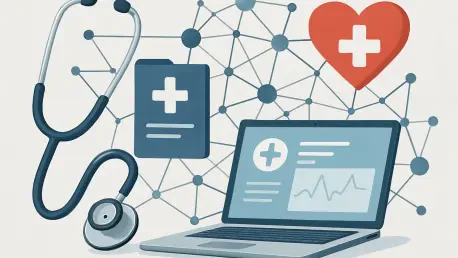
In an era where healthcare systems often grapple with fragmented data and inefficient workflows, a significant shift is underway to bridge these gaps through innovative technology. Imagine a patient seamlessly accessing their complete medical history from multiple providers in one place, or a

In an era where digital platforms have become a primary outlet for personal expression, the alarming rise in mental health challenges among students demands innovative solutions that can keep pace with the scale and complexity of the issue. Recent data paints a stark picture: post-pandemic, mental

In the fast-evolving world of telehealth, where innovation meets necessity, Teladoc Health stands at a crossroads with a significant leadership change coinciding with impressive financial results, sparking industry-wide discussions. The departure of Chief Financial Officer Mala Murthy on November

In a groundbreaking stride toward better emergency care, hospitals and emergency medical services (EMS) along Utah’s Wasatch Front have embraced a transformative approach to patient treatment through data sharing, redefining how critical information flows between field responders and medical

As the clock ticks down to a critical deadline of midnight on September 30, the federal government teeters on the edge of a shutdown, placing millions of Americans who depend on Medicare telehealth services in a precarious position, with their access to remote healthcare hanging in the balance.

The U.S. healthcare landscape is undergoing a seismic shift, with artificial intelligence (AI) emerging as a pivotal force in addressing systemic challenges like overcrowding, escalating costs, and clinician burnout. At the HLTH 2025 conference in Las Vegas, health system leaders from across the